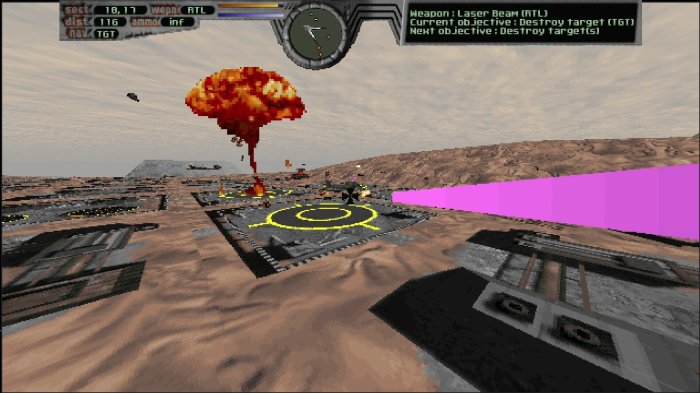The fastest speed of a freely falling object crossword is a captivating topic that delves into the fascinating realm of physics and motion. This guide provides a comprehensive exploration of the concept of freely falling objects, examining the factors that influence their speed and delving into real-world applications of this knowledge.
As an object falls freely, it accelerates due to the force of gravity. The speed at which it falls is determined by several factors, including the object’s mass, the air resistance it encounters, and the distance it has fallen. Understanding the speed of freely falling objects has practical implications in fields such as engineering, physics, and space exploration.
Fastest Speed of a Freely Falling Object: Fastest Speed Of A Freely Falling Object Crossword

A freely falling object is an object that is moving under the sole influence of gravity. In the absence of any other forces, such as air resistance, a freely falling object will accelerate at a constant rate known as the acceleration due to gravity, which is approximately 9.8 meters per second squared (m/s^2) on Earth.
The speed of a freely falling object depends on several factors, including the time it has been falling and the acceleration due to gravity.
Calculating the Speed of a Freely Falling Object
The formula for calculating the speed (v) of a freely falling object is:
v = g
t
where:
- g is the acceleration due to gravity (9.8 m/s^2 on Earth)
- t is the time the object has been falling (in seconds)
Factors Affecting the Speed of a Freely Falling Object
Several factors can affect the speed of a freely falling object:
- Gravity:The acceleration due to gravity is the primary factor determining the speed of a freely falling object. Stronger gravitational forces result in higher speeds.
- Air Resistance:Air resistance is a force that opposes the motion of an object through the air. As the speed of a falling object increases, air resistance also increases, slowing down the object.
- Mass:The mass of an object does not affect its acceleration due to gravity. However, it does affect the force of air resistance, which can indirectly impact the object’s speed.
Examples of Freely Falling Objects, Fastest speed of a freely falling object crossword
Examples of freely falling objects include:
- A ball dropped from a height
- A skydiver falling through the air
- A raindrop falling from a cloud
The speed of these objects will vary depending on the factors discussed above.
Applications of Freely Falling Objects
Understanding the speed of freely falling objects has practical applications in various fields:
- Engineering:Calculating the speed of falling objects is crucial for designing structures that can withstand impacts, such as bridges and buildings.
- Physics:The study of freely falling objects has led to the development of fundamental laws of motion and gravity.
- Space Exploration:Understanding the speed of falling objects is essential for spacecraft design and trajectory calculations.
FAQ
What is a freely falling object?
A freely falling object is an object that is moving solely under the influence of gravity, without any other forces acting upon it.
What is the formula for calculating the speed of a freely falling object?
The formula for calculating the speed (v) of a freely falling object is: v = √(2gh), where ‘g’ is the acceleration due to gravity (9.8 m/s²) and ‘h’ is the distance fallen.
What factors affect the speed of a freely falling object?
The speed of a freely falling object is primarily influenced by gravity, air resistance, and the object’s mass.



